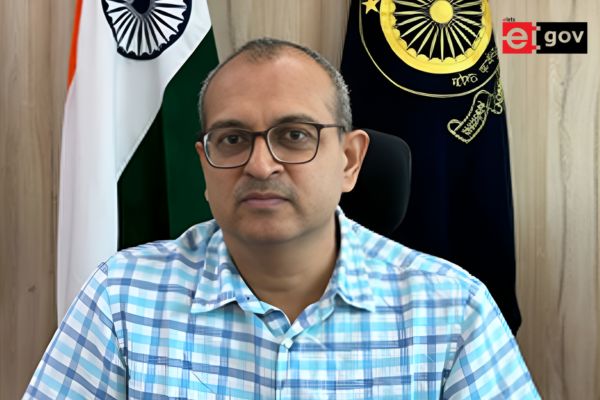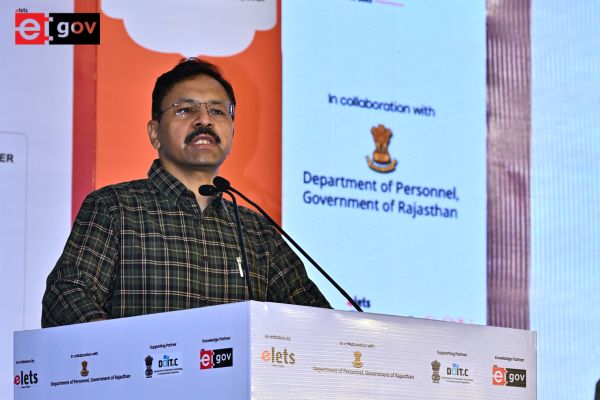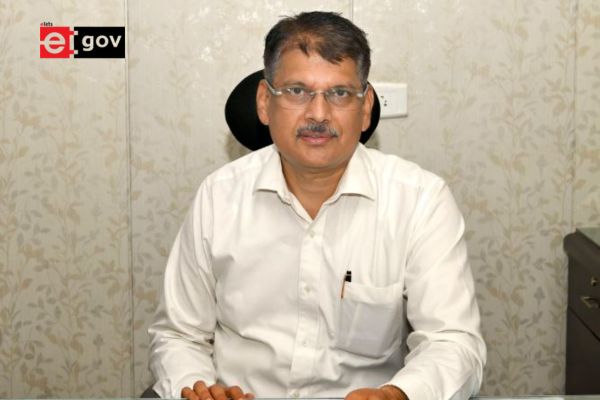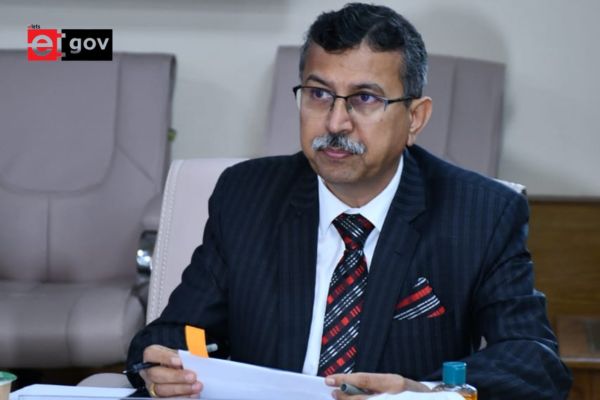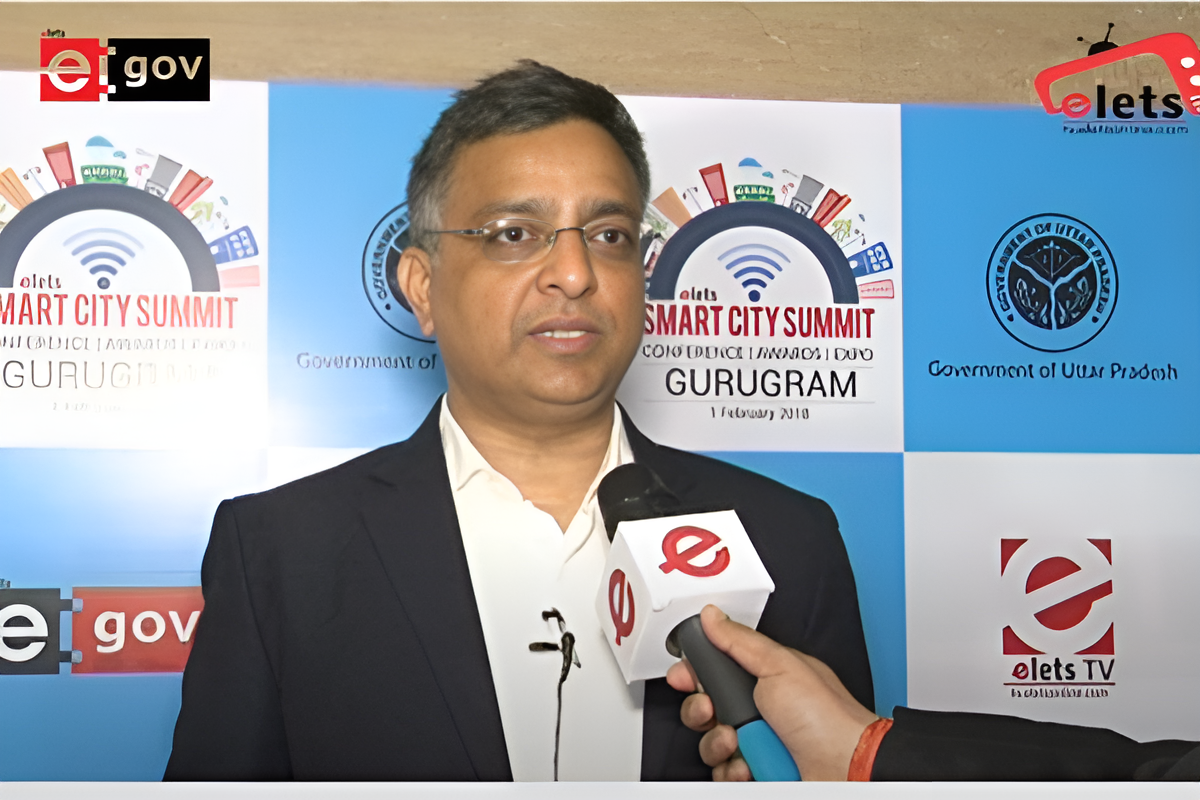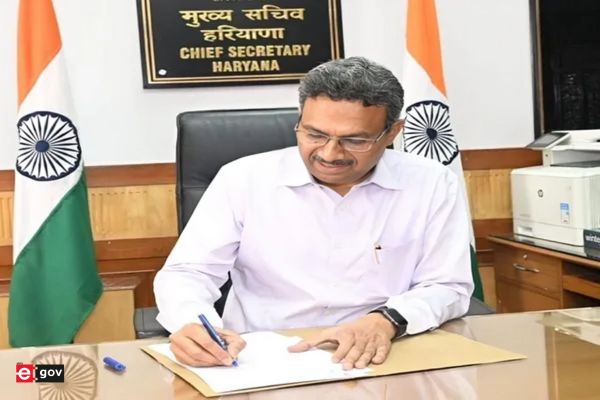
The Government of Karnataka has released the draft version of its ambitious Karnataka Space Technology Policy 2024–2029, aiming to catalyse downstream innovation and establish the state as a national and global leader in space technology, particularly in Earth Observation (EO) and Positioning, Navigation & Timing (PNT) applications.
The policy, recently presented in a webinar hosted by the Indian Space Association (ISpA) by Ms. Parnika Pavanram from the Karnataka Innovation and Technology Society (KITS), sets a comprehensive roadmap to harness the full spectrum of the space value chain. It promises strategic investment, startup enablement, research-driven growth, and talent development to elevate Karnataka’s presence in the $44 billion Indian space sector.
Strategic Pillars and Key Highlights
The draft policy focuses heavily on EO and PNT as strategic enablers. These technologies are central to building platforms across sectors like agriculture, infrastructure, logistics, insurance, and smart mobility systems. By emphasizing these areas, Karnataka is positioning itself to build scalable and secure digital public goods (DPGs), with shared access to geospatial data as a core feature.

In a unique move, the policy outlines a Digital Public Infrastructure (DPI) model for geospatial data. This open and interoperable data ecosystem is expected to help governments, startups, and private players integrate spatial intelligence into service delivery and governance applications.
Crucially, the policy breaks new ground with Preferential Market Access for startups. Through public procurement opportunities, early-stage EO and PNT-based innovations can move from proof-of-concept to deployment, accelerating commercialisation cycles for young enterprises.

To further this momentum, the state is earmarking ₹75 lakh per enterprise for critical support services including standards testing, IP registration, R&D, and technology transfer.
Talent, R&D and Infrastructure Focus
In an effort to bridge academia and industry, Karnataka plans to scale investments in geoinformatics, remote sensing, and GNSS/PNT programs through universities and centres of excellence. A dedicated Space Technology Cell under KITS will serve as the fulcrum of policy implementation and institutional collaboration.
The draft policy also introduces a five-mission framework covering Skill Development, Investments, Infrastructure, Innovation & Facilitation, and Adoption & Awareness:
- Skill Development aims to train over 5,000 youth, including 1,500 women, to be industry-ready.
- Investments will focus on attracting $3 billion into Karnataka’s space ecosystem through targeted outreach and fiscal incentives.
- Infrastructure plans include creating a space manufacturing cluster and shared testing facilities through PPP models.
- Innovation and Facilitation will support 500 startups and MSMEs through equity funding, IP support, and incentives to build 50+ satellites with indigenous technology.
- Adoption and Awareness targets a DPI/DPG approach and revenue-based incentives to encourage application of space technologies in sectors like agriculture, mining, and rural development.
Long-Term Vision and Targets
The draft policy articulates bold goals: securing 50% of India’s space economy and 5% of the global space market by the end of the policy period. This ambition is anchored in Karnataka’s robust legacy in the space sector. The state is home to more than 2,500 MSMEs that serve as vendors to ISRO, as well as institutions like DRDO, HAL, BEL, NAL, and premier academic and research bodies including IISc and the Indian Institute of Astrophysics.
Moreover, the Karnataka State Remote Sensing Applications Centre (KSRSAC), operational for over four decades, has consistently delivered space-based solutions for governance, positioning the state as a longstanding leader in remote sensing.
Bengaluru, already a magnet for NewSpace startups, has attracted over $150 million in space-tech funding. Government policies like the Karnataka Aerospace & Defence Policy (2022–27), Startup Policy (2022–27), and Biotechnology Policy (2024–29) further reinforce the state’s progressive stance.
A Policy Born from Consultation
Importantly, the draft policy is the product of wide-ranging consultations with stakeholders across the space ecosystem—startups, MSMEs, academia, investors, DRDO, and IN-SPACe. These dialogues have helped define operational strategies aligned with industry expectations.
As the state awaits the formal notification and release of implementation guidelines, the policy has already sent a strong signal: Karnataka is not just adapting to the NewSpace era—it is leading it.
Be a part of Elets Collaborative Initiatives. Join Us for Upcoming Events and explore business opportunities. Like us on Facebook , connect with us on LinkedIn and follow us on Twitter, Instagram.
"Exciting news! Elets technomedia is now on WhatsApp Channels Subscribe today by clicking the link and stay updated with the latest insights!" Click here!




